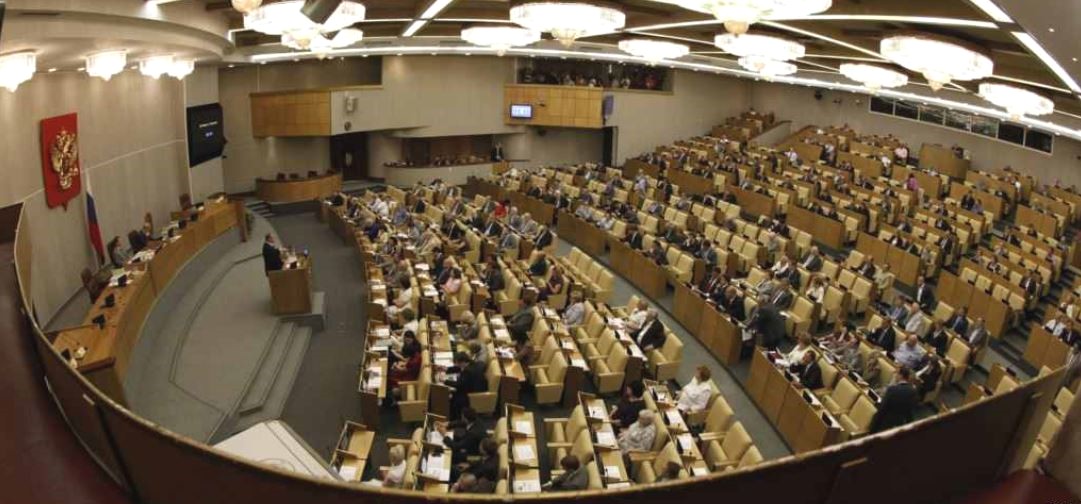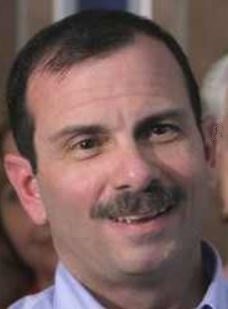
Russian Parliament to lobby for Cuba at U.N.
The Russian Duma’s Committee on Foreign Affairs on Thursday (Oct. 16) introduced a draft of a message it plans to send to the member nations of the United Nations General Assembly, asking their help in convincing Washington to lift the blockade it has maintained against Cuba for more than 50 years.
“The State Duma appeals to the General Assembly of the United Nations, the parliaments of the Member States of the United Nations, and international parliamentary organizations to urge the United States to end the economic, commercial and financial blockade of Cuba,” the document says.

The Duma is the lower house of the Russian Parliament. Its foreign affairs committee is chaired by Alexei Pushkov.
On Oct. 28, the General Assembly is expected to consider a draft resolution on the need to end the blockade.
The document says that the blockade “prevents the development of the sovereign state of Cuba, which has the inalienable right to choose its own political, economic, social and cultural system.”
“In addition, the measures taken unilaterally by the United States to bypass the United Nations infringe on the rights and legitimate interests of the Cuban nationals living in other states, as well as third-country nationals,” it says, stressing the blockade’s extraterritoriality.
The document also calls for “the expeditious release” of the three Cuban intelligence agents now held in U.S. prisons and expresses satisfaction over the release last February of a fourth agent, Fernando González Llort, after serving his 17-year sentence in full.
González Llort was one of five Cuban agents arrested in 1998 while they reported to Havana on the activities of Cuban-American terrorists in South Florida. They became known as The Cuban Five.
In another paragraph, the document says that the Duma “opposes the inclusion of Cuba on the list of so-called State Sponsors of Terrorism, which the United States unilaterally created, without consulting the vast majority of U.N. member states.”
According to the Russian lawmakers, “Cuba is taking part in the affairs of the world community on an equal footing, despite the blockade.” The Duma “points to Cuba’s role in connection with the chairmanship of the 67th World Health Assembly held in Geneva in May 2014, and calls on the international community to contribute to the further development of the Republic of Cuba.”
Washington first imposed sanctions on Cuba in 1961. Since then, it has tightened them with assorted legislative and executive actions.


